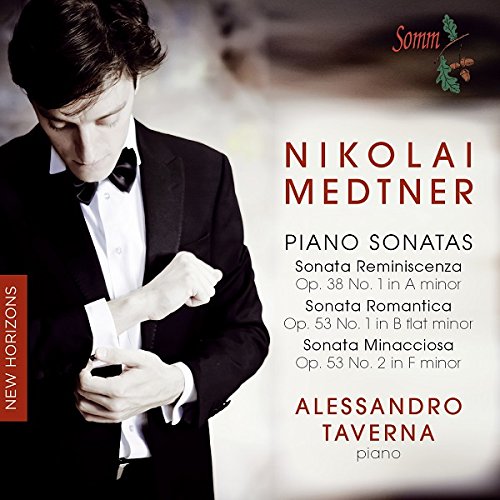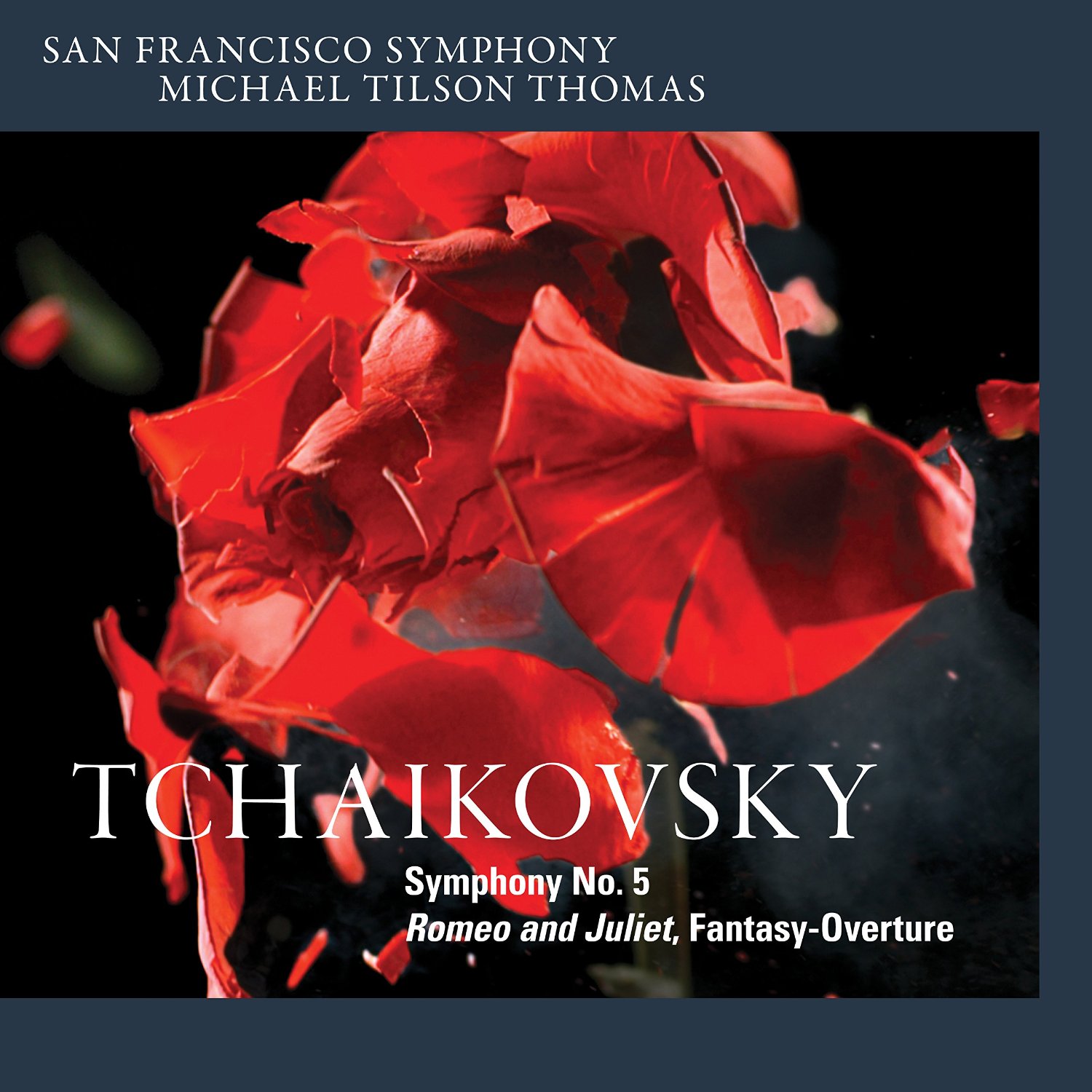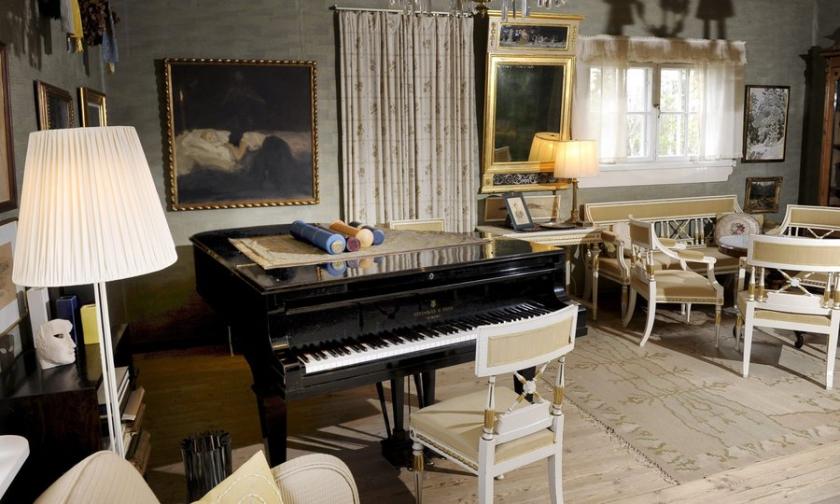 Medtner: Piano Sonatas Alessandro Taverna (Somm)
Medtner: Piano Sonatas Alessandro Taverna (Somm)
It's tempting to dismiss Nikolai Medtner without having heard a note of his music. Those who dismiss him as a less flamboyant Rachmaninov contemporary are making a huge mistake. Prokofiev enjoyed playing Medtner's piano sonatas, and Rachmaninov once described his friend as the greatest of living composers. Post-Revolution, Rachmaninov eventually settled in the US and spent his final days in glamorous Beverly Hills. Poor Medtner ended up in a semi-detached house in suburban Golders Green, dying there in 1951. Become a Medtner fan and you'll veer between wanting to shout out his music's praises to anyone who'll listen and preferring to keep its pleasures a closely guarded secret. Alessandro Taverna gives us three of the sonatas, and his calm, unflashy playing presents them in the best possible light. Two are single movement works. Taverna excels in the Sonata Reminiscenza's magical opening. Medtner's bewilderingly simple theme could be an updated Bach prelude, though the music very quickly grows in complexity and emotional depth. The faster central section is riveting.
We get the more expansive four movement Sonata Romantica. Again, there's the wistful nostalgia, the clarity of line. Medtner wrote brilliantly for the left hand; Taverna, aided by Somm's engineering, lets us hear everything. It has a brilliantly fiery scherzo, the metrical changes anticipating those in Rachmaninov's late music. The sonata's downbeat ending is terrific. Darkness pervades much of the aptly named Sonata Minacciosa, though the demons are vanquished in an exhilarating coda. Taverna also plays Medtner's delectable miniature Ein Idyll. Hopefully he'll give us a follow-up before long.
 Folke Gräsbeck plays Sibelius on the Ainola Piano (BIS)
Folke Gräsbeck plays Sibelius on the Ainola Piano (BIS)
Ainola was Sibelius's wooden villa, just outside Järvenpää in southern Finland. Now a museum, the house was built for him in 1904, its views over Lake Tuusula one of the few specifics requested by the owner, along with no gurgling water pipes to distract him. We tend to think of Sibelius as an orchestral composer, though he did write much for piano. His keyboard output consisted mainly of short pieces, and a generous selection of them are recorded here. Folke Gräsbeck plays them on Sibelius's own Steinway, a piano which arrived at Ainola in 1915, a 50th birthday gift paid for by 144 of Sibelius’s fans. You'd never guess the instrument's age. Its warmth and resonance are well-captured by BIS, and there's something quietly moving about hearing a composer's own piano resonating in the very space where it was once used by its owner.
Gräsbeck's uninhibited, full-blooded playing is a joy, and listening to this CD in one sitting is fascinating. We move from the charming early salon pieces to music which sounds more authentically like Sibelius. Not that the early works are artistically worthless; the best are exquisite, notably two Impromptus from 1893. There's a startling Caprice from 1898, opening with a single line of melody which is made to sound like a plucked guitar. Transcriptions of Finlandia and the Valse Triste are enjoyable, the former's tremolo-heavy intro suggesting a corny silent film soundtrack. The compact Op. 68 Rondino was composed shortly after the bleak Fourth Symphony; it's less dark but equally poignant. Gräsbeck gives us five short sketches inspired by flowers, but the real jewels are the later pieces. The Village Church evokes pealing bells, and the late, unpublished Landscape II is a disquieting, improvisatory study. A fascinating disc, and the cover art is appealing.
 Tchaikovsky: Symphony No. 5, Romeo and Juliet San Francisco Symphony/Michael Tilson Thomas (SFS Media)
Tchaikovsky: Symphony No. 5, Romeo and Juliet San Francisco Symphony/Michael Tilson Thomas (SFS Media)
I like my Tchaikovsky symphonies to be fleet of foot. The benchmark recording is still Mravinsky's Leningrad Philharmonic set of nos. 4-6, taped by DG in London while the orchestra was on tour in the 1960s. They still sound startling, and the Leningrad Pathétique contains the loudest, rawest bass trombone note ever put on record. Can a modern live recording from San Francisco compete? Yes, it can – Michael Tilson Thomas conjures wonderfully dark sonorities from his players. The first movement's introduction is pitch black, with gorgeous clarinets. Tchaikovsky's Allegro con anima is on the steady side, but how good to hear those scurrying woodwind figures so clearly. The layered brass chords have a satisfying punch. The second subject swoons. And, in case you think that things are a little too well-behaved, Tilson Thomas really lets rip in the movement's final minutes. Bassoons and basses are excellent.
Robert Ward's horn solo in the Andante cantabile is among the best on record. This symphony's popularity can conceal its depths; there's a point in the slow movement when the motto bursts in, leaving the main theme to pick itself up and limp on. It's a deeply affecting moment, which Tilson Thomas handles with rare skill. Clarinets excel again in the Valse's shadowy close, before a Finale with an unambiguously triumphant ending. Excellent stuff, and, as a bonus, there's a dazzling account of Romeo and Juliet, with vividly theatrical fight sequences and a suitably prominent harp. Tchaikovsky was a superb orchestrator, and this live recording allows us to appreciate every note.














Add comment